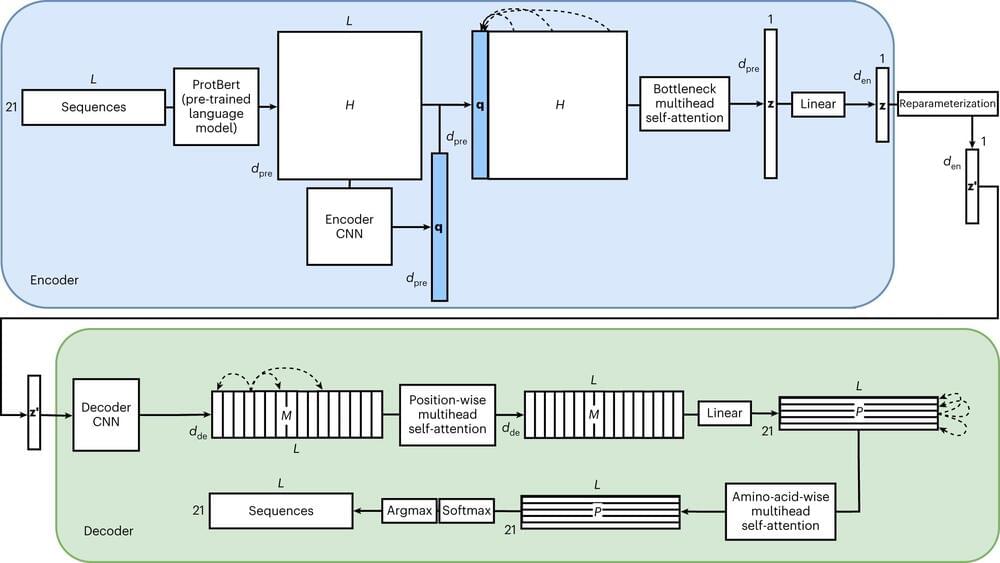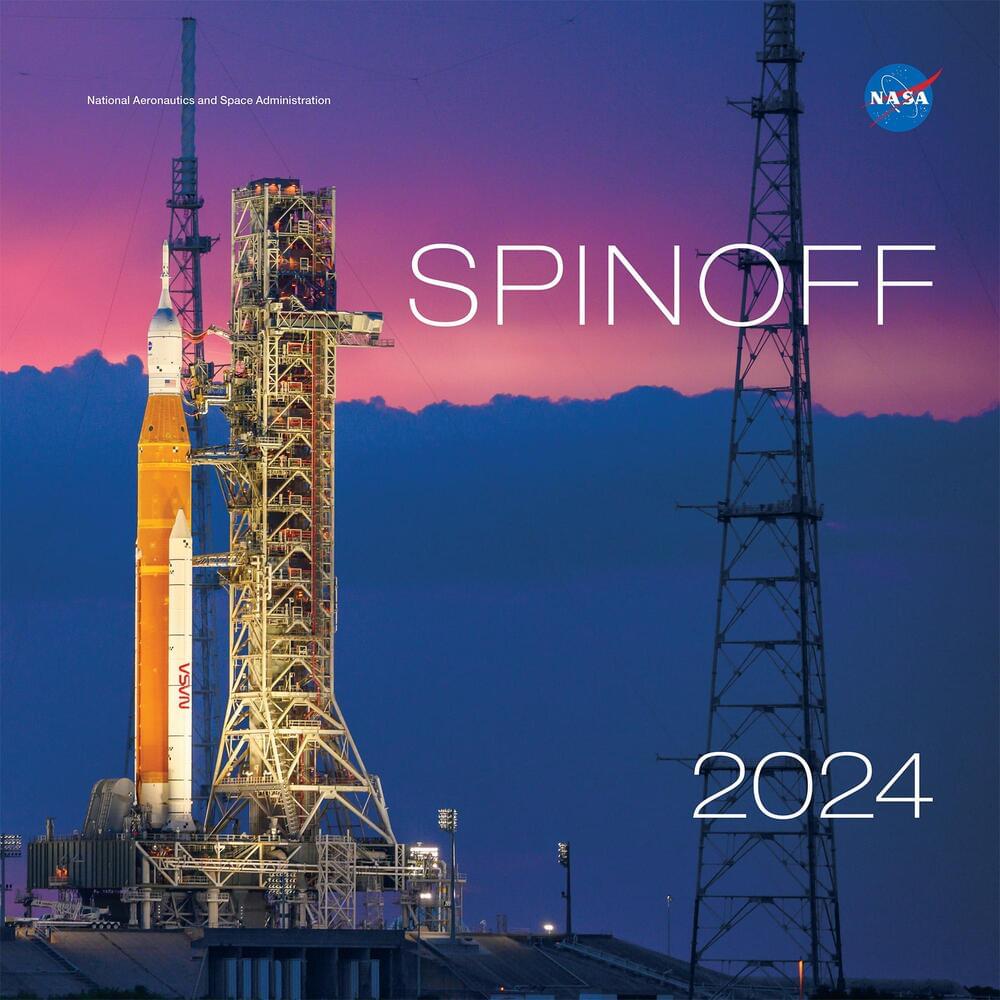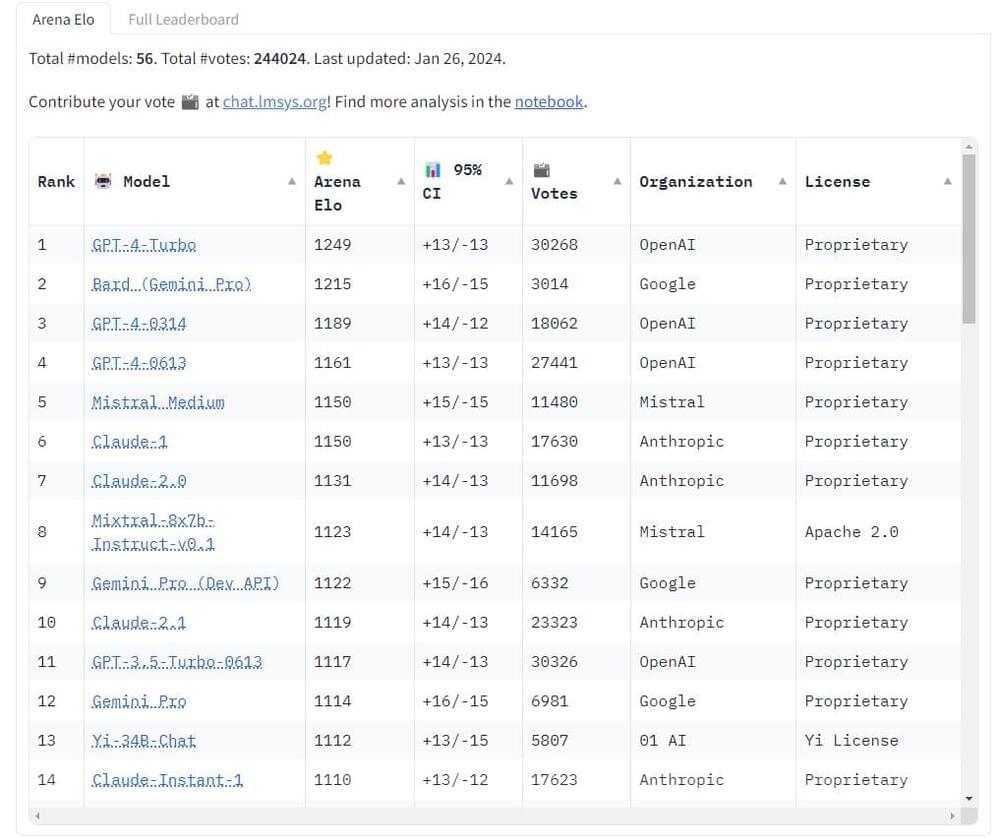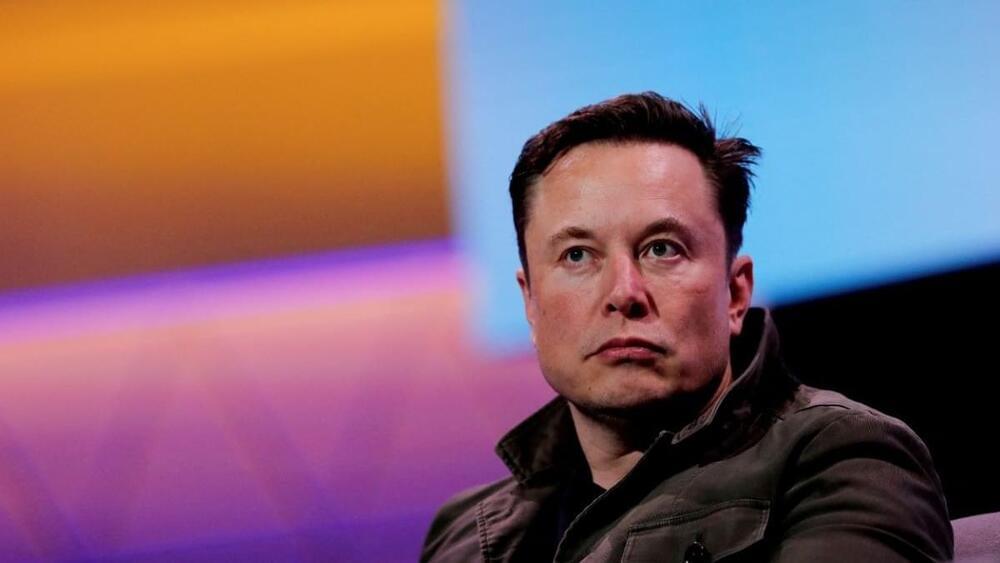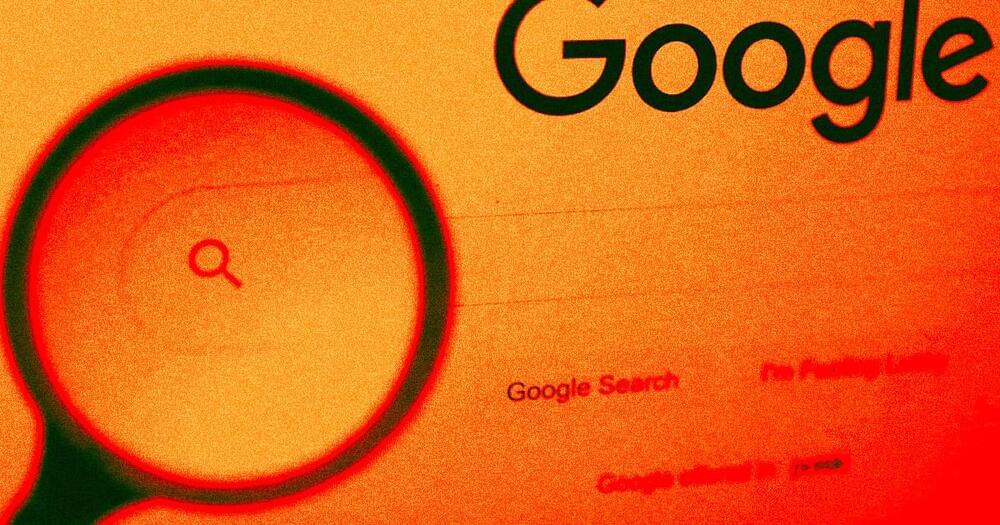While NASA is well-known for advancing various technologies for the purposes of space exploration, whether it’s sending spacecraft to another world or for use onboard the International Space Station (ISS), the little-known fact is that these same technologies can be licensed for commercial use to benefit humankind right here on the Earth through NASA’s Spinoff program, which is part of NASA’s Space Technology Mission Directorate and its Technology Transfer program. This includes fields like communication, medical, weather forecasting, and even the very mattresses we sleep on, and are all featured in NASA’s annual Spinoff book, with NASA’s 2024 Spinoff book being the latest in sharing these technologies with the private sector.
“As NASA’s longest continuously running program, we continue to increase the number of technologies we license year-over-year while streamlining the development path from the government to the commercial sector,” Daniel Lockney, Technology Transfer Program Executive at NASA Headquarters, said in a statement. “These commercialization success stories continually prove the benefits of transitioning agency technologies into private hands, where the real impacts are made.”
One example is a medical-grade smartwatch called EmbracePlus developed by Empatica Inc., which uses machine learning algorithms to monitor a person’s vitals, including sleep patterns, heart rate, and oxygen flow. EmbracePlus reached mass production status in 2021 and has been approved by the U.S. Food and Drug Administration (FDA) with the goal of using the smartwatch for astronauts on future spaceflights, including the upcoming Artemis missions, along with medical patients back on Earth.
